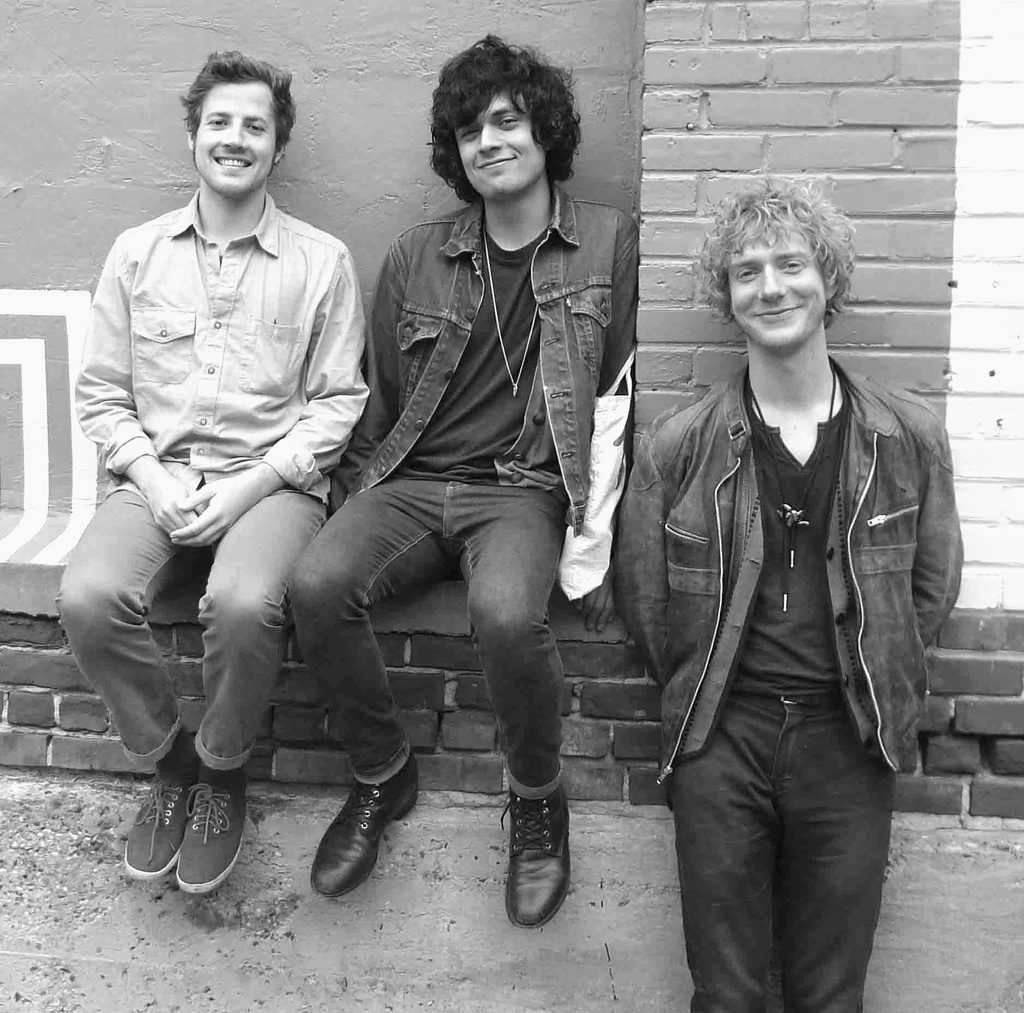
Just now, I googled “1960s witchy psychedelic folk,” grasping, I guess, for a manageable term that encapsulates both Nico’s glamourous theatrics and Brigitte Fontaine’s quirky darkness. I’m sitting at a table in the pool-house out back of a big and beautiful summer home on the coast of Maine, where I’ve been hired as a kind of temporary live-in servant. I shit you not. I’ve got a view of the Atlantic from nearly point blank range, and the moon is new, and all things witchy seem more than possible tonight.
Natural beauty this acute makes any little thing that sticks out of the landscape seem intentionally sinister, like the pale pink dismembered crab torso I saw ripped open and splayed out on a rock while I was on the beach this evening waiting for the moon to rise. The music of Weyes Blood, whose earth name is Natalie Mering, is sort of like that–so beautiful that its oddness makes that beauty spooky, and so strange that its classical loveliness gleams even brighter.
Mering has been under the radar for a couple of years, but that doesn’t mean she’s stayed quiet. After a stint with experimental psych folk outfit Jackie-O Motherfucker, she sang backup vocals for Ariel Pink, and has since performed prodigiously as a solo artist – touring, appearing at festivals, and playing shows of her own with friends like Quilt and The Entrance Band‘s Guy Blakeslee.
In 2011, Mering released The Outside Room, her debut under the Weyes Blood name, on Not Not Fun. Already then, her basic toolkit (haunting vocals, ancient-sounding folk music) was essentially intact, although The Innocents reveals some significant updates. Less funereal but more complicated, Weyes Blood substitutes her first album’s foundation of abject misery for one of classical–even courtly–dignity. Harmonizing against herself, Mering’s vocals take on an entirely new, much richer quality on The Innocents, almost like putting on 3D glasses. But that isn’t to say that melancholy has no place on the album: when Weyes Blood tells you, in the middle of the strange, sad, choral “Some Winters” that “I’m as broken as woman can be,” you believe her. That’s the kind of voice she’s got, low and regal and primed for heartbreak. The finery of that song has a cracked-china feel to it, stemming from its psychedelic tendencies. Static and interference marr dreamy piano arpeggios. The angelic chorus of ahhs hovering around Mering’s tortured alto like a halo slowly melts into a mechanized humming that sounds like the low buzz of an airplane engine. When the song has sentimental moments, something cold and sterile always follows.
If, like me, you’re listening to Weyes Blood someplace wild and desolate, The Innocents intensifies things. It is sparse and spooky. It makes it easy to suspend your disbelief and get swept along with Mering’s moonlit, forlorn reality.
The Innocents won’t be out in the U.S. until Oct 21st, but you can pre-order your physical or digital copy by heading on over to Mexican Summer. In the meantime, check out “Hang On,” the album’s power-driven first single. “I will hang on when the rains come and wash away all I’ve come from,” Mering sings, holding the melody steady as the rest of the song careens through chord progressions and time signatures. The song is sturdy at its core, her voice a pillar of strength in the center of an embellished, rhythmically complex track. She plays Baby’s All Right in Brooklyn on Friday, August 22nd.




